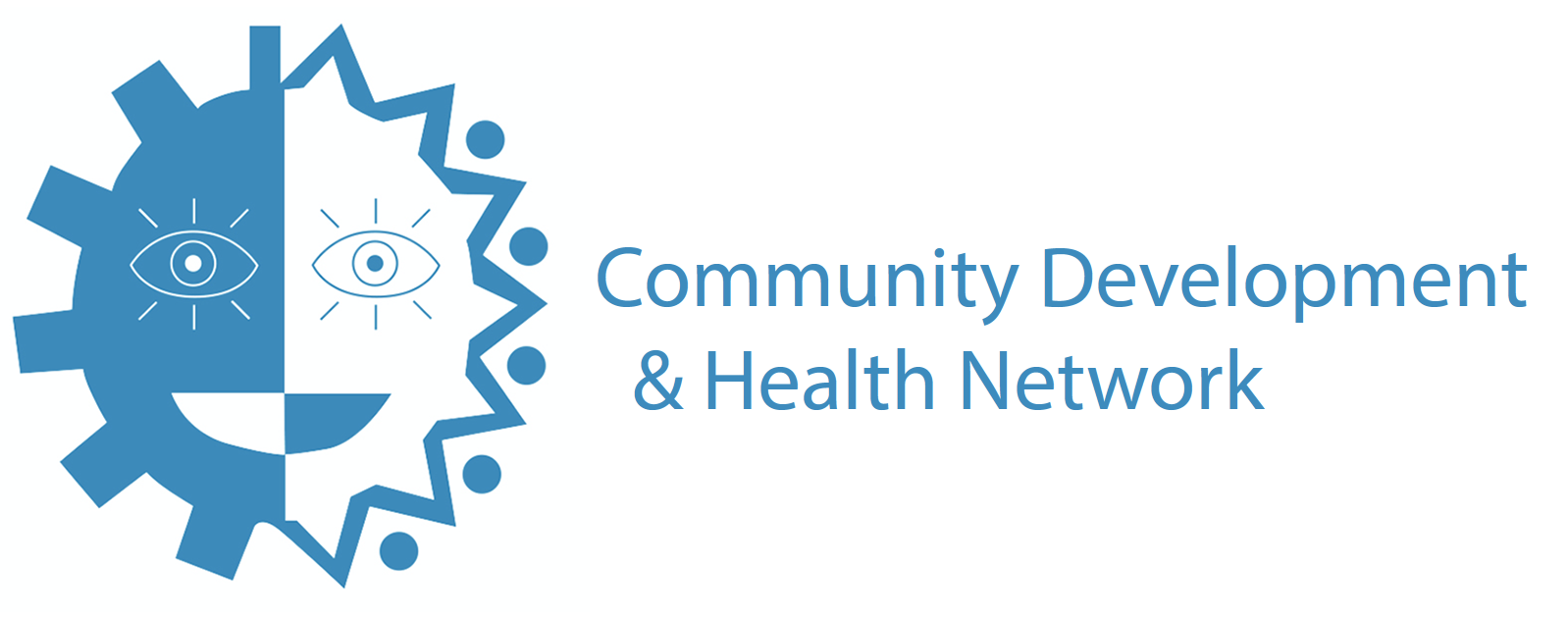This exploratory study was the first of its kind in Northern Ireland (NI) to improve the understanding of how people's social and personal circumstances can influence how they take their medications safely. The report highlights that medication safety is a health inequalities issue, often underreported in health research, policy, and practice.
In late 2021, the Department of Health (DoH) Strategic Planning and Performance Group (SPPG) commissioned the research as part of the Transforming Medication Safety in Northern Ireland (TMSNI) plan. This research was cross-sectoral and collaborative with people in communities and health and social care involved throughout the process.
In NI, people from the most disadvantaged communities suffer a heavier burden of illness and have higher mortality rates than people from the least deprived areas (DoH, Health Inequalities Report, 2023). In addition, 50% more prescription items are dispensed in the most deprived areas of NI compared to the least deprived (NI General Pharmaceutical Services 2021/22).
You can download the report here
Key Learning
- People’s everyday lives and social circumstances can impact their ability to take medication as prescribed. For example, having busy lives, caring responsibilities, lack of transport to attend appointments/visit a pharmacy, difficulty opening medication, and difficulty remembering to take medication. Recognising these differences is essential for preventing medication-related harm and improving health outcomes for all.
- People have varying abilities in assessing, understanding, and using information about their medication; this can sometimes go unnoticed by health and social care staff. These abilities can be influenced by family and friends, community networks and the wider media. Health literacy needs to improve to reduce medication-related harm.
- To encourage reporting of medication errors, people need to know the processes along with the importance of reporting and be able to have open and honest conversations with HSC staff without fear of repercussions.
- People want to be more involved in decisions about their medication and welcome non-pharmacological alternatives.
- Local needs, social practices and norms need to be considered in the implementation of the TMSNI plan and all other medication safety work in Northern Ireland.
Recommendations
There are 21 recommendations in the report, 14 are for the implementation of the TMSNI plan and 7 are beyond the plan. The full report contains specific action points for the recommendations. These are some of the key recommendations:
- Take into account the social determinants of health and health literacy in the future implementation of all TMSNI action plans.
- Co-produce, deliver and evaluate a cascading community health literacy programme focused on medication safety
- Develop a communication, awareness, promotion and engagement strategy for the TMSNI plan for patients and the public and HSC staff.
- Review and revise all current undergraduate, postgraduate and Continuing Professional Development (CPD) training and learning on medication safety for all those who work in HSC to ensure the social determinant of health and health literacy are included.
- Consider how pathways for non-pharmacological alternatives can be created and sustained
- Reconvene the HSC Regional Health Literacy forum
The approach
We used a Community Based Participatory Research (CBPR) approach. Through this approach, the stakeholders (people in communities, health and social care, government and academia) played an integral role in co-constructing the research process. This collaborative approach not only shaped the research, ensuring people in communities were at the centre of the work, but also enhanced the stakeholder’s knowledge and understanding of the topic.
The research participants
In total, 88 people took part in the research focus groups; 63 community participants across eight focus groups, including people from socially disadvantaged areas and those more at risk of medication related harm, and 25 people who work in health and social care across four focus groups including pharmacists, GP and GP practice staff, social workers and domiciliary care staff.
For further information about the research contact
Helen McNamee
Research and Policy Manager


